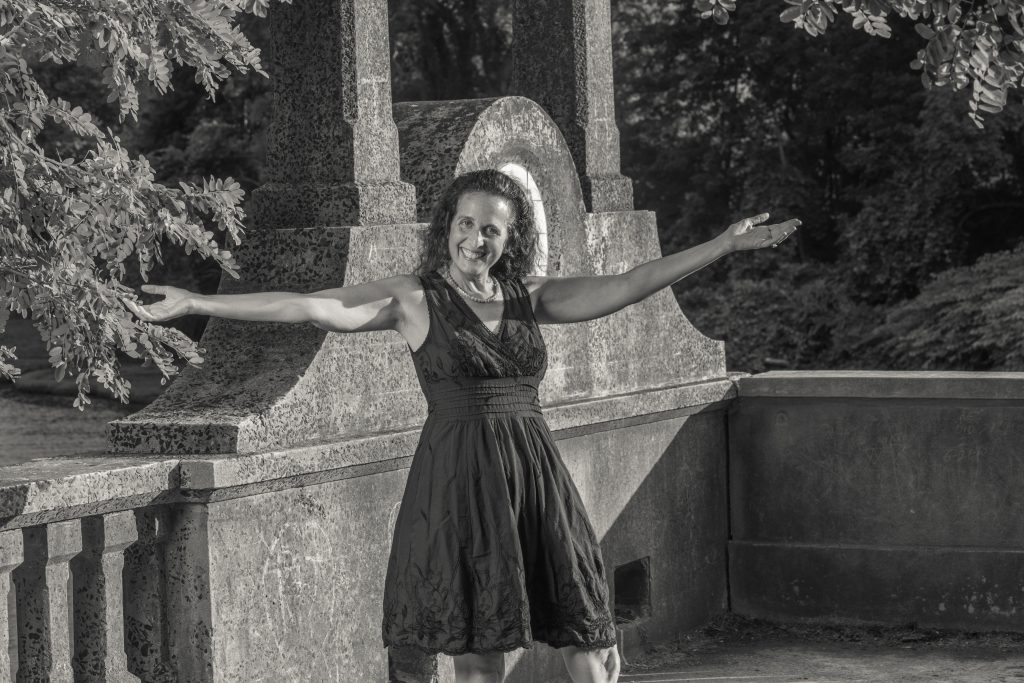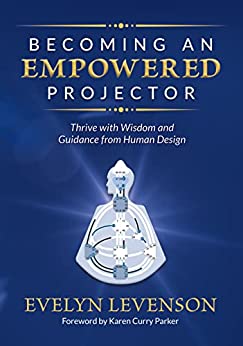I’ve been trying to make room in my bloated Gmail account by deleting old emails. If I were a bit more courageous, I suppose I would delete all these emails from 2015 and 2016 en masse and assume that any information I need I can find elsewhere. Or else it’s worth my time to lose some of this, even if I don’t have it elsewhere.
But I’m not that evolved.
Yet.
So, I plod along.
And on my plodding journey, today I discovered…

- A submission to the Writer’s Digest “Reject-a-Hit” column which got rejected. Yet, rereading it, I still feel proud (so was my editor). Bummed all over again by rejection but also kinda like, “Wow, I wrote that and it’s pretty darn funny. Could I submit it somewhere else? Post it on my blog? Will I offend people if I do?”
- An eight-year-old recommendation from a literary agent friend to check out the monthly updates on a shaman’s website. I finally did, and it’s pretty good. But I don’t think I’ll reread it. And yet, I still haven’t deleted the recommendation. Do I have a problem?
- A list of questions for a client to ask her creative muse.
I liked the questions for the muse. In fact, I liked them so much that I thought I’d share them with you in case you want to ask your muse for similar support—to experience a breakthrough, fall back in love with your writing, foster inspiration, make better progress, stop procrastinating and get unstuck.
Questions to Ask Your Muse

As you likely know, I love to guide writers/authors in the exercise to list their challenges in their writing practice and with their particular projects. Then we come up with the questions to ask their inner muse / creative source during a guided visualization that I call “Meet Your Muse.” (The link leads to the audio to guide you. But first read below to gather some questions for your muse).
The questions I sent this particular writer seemed like good overall questions for anyone who wants to get unstuck, has lost some of their passion for a project, or just isn’t making the book (or another project) enough of a priority. Here are the questions:
- How to fall in love with my book?
- How can I enjoy the process?
- How do I bring back some healthy habits that fell by the wayside, like meditation and yoga, and still have time for writing my book?
- How can I make time for related projects, especially those that develop a community of future readers, like creating an author website (or engaging on social media), and what does my muse say about timing?
- How to keep it simple?
Asking “Seed Questions” to Get Unstuck

This also reminded me of a very cool book I am reading in the arena of Human Design (a fascinating field that helps us understand our inner makeup so that we use the strategies of decision-making and action-taking that work well with our personal “type” (of 5 types)). I’m a “projector” in the human design system, meaning someone who is meant to guide others and be of service and not meant to focus too much on productivity or burn out.
The book, Becoming an Empowered Projector by Evelyn Levenson, mentions “seed questions” which help bring about what you desire. Forget affirmations! Seed questions foster curiosity and allow the answers you need to come naturally and with ease, requiring little effort on your part.
Some seed question examples:
- What would it feel like to make progress on my book throughout the week?
- What would it be like to complete my book this year?
- What would it look like to write consistently and feel excited about my writing?

You can meditate on the question or explore it in your journal. Then, let it go and let your unconscious mind work with nature to bring it to fruition. So why do seed questions often work better than affirmations?
- Affirmations can create an in-your-face experience of how you don’t resonate with what you desire, and that can often work against you manifesting your vision or goals.
- Seed questions don’t require you to keep repeating. Instead, you can gently connect with the desire and then let it go and trust. EASE!
Read more about HUMAN DESIGN FOR WRITERS here.
Your Turn
What gets you unstuck? What challenges are coming up for you? Please share your experiences or questions in a comment below.



Kept me thinking, when reading your post, that as a newby it helps me to write out some prompts about a book concept/idea. That allows more ease in the creative process for me. And Lisa, I also looked up my Human Design Type; thinking I fit into the REFLECTOR. I thought there was something wrong with me in that I am more like a
sponge when it comes to people, ideas and design. What clinched was that the Reflector is one whose most needed tool is “patience”. My husband reminded me again of that needed quaity just yesterday, hahaha!!!! Hope you can be the best PROJECTOR for Lisa Too! Thanksomuch
Wow. That is so cool! I’m glad it resonated and I wouldn’t be surprised if insights about reflectors help you a) be more kind and compassionate to yourself and b) use your strategies to find life easier and more fulfilling! You probably already use some of those reflector strategies (and strategies for your authority as well) intuitively or from learning over time what works for you, but it’s heartening to understand the why behind them. Thanks for sharing!
Last year, I interviewed my business coach, Jamie Palmer, who helps entrepreneurs use human design to develop their business in ways that reflect their design. Our interview focused on how to apply human design to a fruitful writing practice.
And, inspired by your comment, I’ve just added that link in the body of my post as well! Thanks!
Here’s what Jamie said specifically about reflectors as writers: